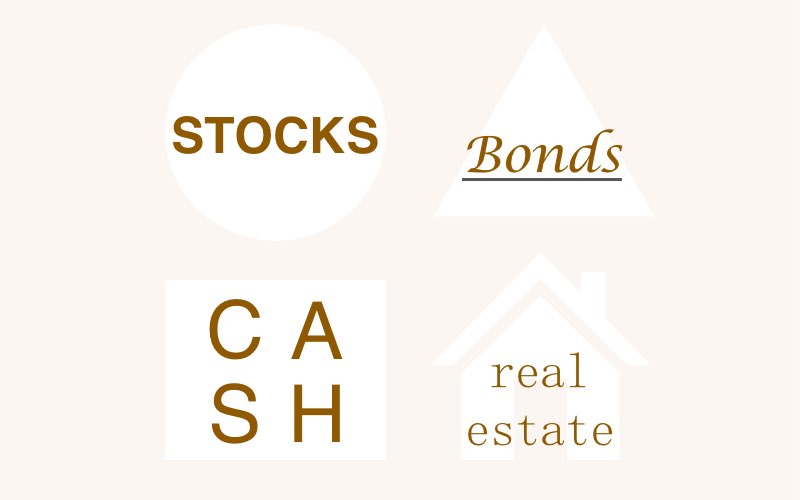
Asset classes are like the secret recipe to building a healthy investment portfolio. It’s through these asset classes that wealth accumulates. Meanwhile, the amount of each asset class you allocate reflects your risk appetite.
In the past, I regret not paying more attention to managing a diversified portfolio of asset classes.
When you go along with the current day after day, you tend to forget that time is the most valuable resource.
After becoming a mom, I suddenly realized that I need to pay more attention to growing our asset classes. I want to spend more time taking care of our baby, so I have to devise a plan to achieve this work-life balance.
Once I understood what asset classes are, I started to look for ways to expand our investment portfolio.
The end goal? To reach financial independence!
Today I will share with you my top 5 favorite asset classes to hold in the long-run.
This post may contain affiliate links, which means I may receive a commission, at no extra cost to you, if you make a purchase through a link. Please see my full disclosure for further information.
What Are Asset Classes?
According to Corporate Finance Institute, asset classes are a group of similar financial instruments that are “traded in the same financial markets and subject to the same rules and regulations.”
The conventional asset classes are typically stocks, bonds, cash, real estate, and alternative investments.
In essence, asset classes are comprised of investment assets that you hold in your portfolio.
Here are five best asset classes for a diversified portfolio:
1. Stocks & Index Funds
Stocks are known to yield some of the highest return based on historical data and projected future earnings. As such, it is the most common asset class for an investor.
Today, it is much easier than ever to own stocks. My favorite way, as always, is to own them via index funds. I covered what index funds are and the benefit for investing in them here.
For an average investor, indexing (or investing passively in index funds) is such a no-hassle, simple way to grow wealth.
Of course, you could also build your own investment portfolio by picking out stocks, but this method takes a lot more time, skill, and luck!
2. Bonds, Bonds, Bonds
Index funds are not just limited to stocks but are available for bonds as well.
Holding bonds is a good way to hedge against the risk or volatility of stocks. This is because stocks react much more sensitively to macroeconomic events. These events includes the movement of the GDP (gross domestic products), unemployment, interest rate, etc.
Bonds, on the other hand, are a much more stable asset class and are inversely related to stocks. This means that when the stock market goes down in value, the price of bonds generally goes up.
And just like stocks, bonds also offer a variety of index funds which makes them a good complement in an investment portfolio.
3. Cash $$$
Even though stocks and bonds are great investments, cash will always be the king.
This is especially true during times of uncertainties like we are experiencing today.
Cash is also considered an asset class because it can be exchanged in banks via deposits.
Sometimes, you can also earn interest via cash deposit through money market and savings accounts.
They are an important asset class to hold because cash provides stability and can be withdrawn anytime.
When I’m sure that I can maintain a steady flow of income, I tend to minimize my cash holding. On the contrary, if my main source of income is in jeopardy, then I would immediately increase my cash holdings for added defense.
This is why cash is a great “defensive” asset class and quite an important one to have.
4. Investment Real Estate
I currently own one real estate free and clear, but I do not consider this as my real estate asset class.
The obvious reason is that I don’t plan to sell and I’m really using it for the sole purpose of a shelter. I explained further my reasoning here.
As such, I don’t really have any real estate asset class currently. However, my husband and I might consider buying our first home together in the near future.
When that happens, we might consider buying a multi-unit home where we can rent one or two units out. In this case, we’ll have a place to live and extra units that can generate income.
This is just a thought though as we’re still weighting on the pros and cons of buying a home vs. renting. It’s a case-by-case scenario depending on the location we choose to settle in.
But generally speaking, I do favor holding some form of real estate since they are tangible assets. It’s a good way to add diversification into an investment portfolio.
And just like stocks and bonds, you can also invest in real estate index funds commonly known as REITs (or real estate investment trusts).
You can also consider investing in P2P lending (some of which are specialized in real estates), but the risk of these investments is exceptionally high (while touting high rewards). You can read more about that here.
5. Business Holdings
When you hold company stocks, you’re basically holding a fraction of the business. But when you own a self-operating business like an online store or a blog, it’s not really considered an asset class.
This is just for technical reasons that classify asset classes in terms of their “characteristics” and they must be governed by the “same laws and regulations.”
However, I would still consider holding a business as an asset class where there is investment in time, labor and money involved.
For the time being, I don’t really hold a large portfolio of businesses besides company stocks. But this is definitely something I’m constantly on the look-out for and I think it’s an important asset to hold for income diversification purpose.
Who knows, if a business ever goes public, it would definitely be classified as an asset class in the traditional sense.
In my opinion, owning a piece of business is the best way to build wealth. This is because it’s something we built from scratch using our unique skill set. It could be an online store, a Youtube channel or even a blog!
The great thing about starting a side business is that there is unlimited upside potential. Plus, you can now do it in the comfort of your own home with exceptionally low start-up and overhead cost.
My goal for the next 10 years is to try out as many business avenues as possible. Failures don’t matter, I just have to try it. #noregrets
Related: Building a Side Income via Blogging from Home
Balancing a Portfolio of Asset Classes
Having a well-diversified portfolio of asset classes will ensure that you can minimize the chances of risk and maximize the chances of return.
Based on our risk appetite, we tend to hold riskier assets like stocks more so than bonds and cash. The split changes based on market condition, but most of the time it’s 90% stocks, 9% bonds and 1% cash.
This is a very risk-heavy portfolio and I don’t recommend others to follow without assessing the pros and cons based on their unique financial goals and situations.
Nonetheless, our target portfolio split is a more balanced one: 30% stocks, 10% bonds, 25% real estates, 25% business, and 10% cash.
When looking at our current portfolio split vs. our target, you can see that we are ready to deploy a large chunk of our capital into real estate and building a business. However, this will most likely take a decade or more to achieve.
It’s important to gauge your own risk appetite when deciding on the percentage of asset class allocation. And the best way to achieve a balance that fits your risk appetite is to build out a diversified portfolio of various asset classes.
After all, having a well-diversified portfolio of assets that produces steady income and preserves wealth is the best way to become financial independent!

PIN this lucky duck
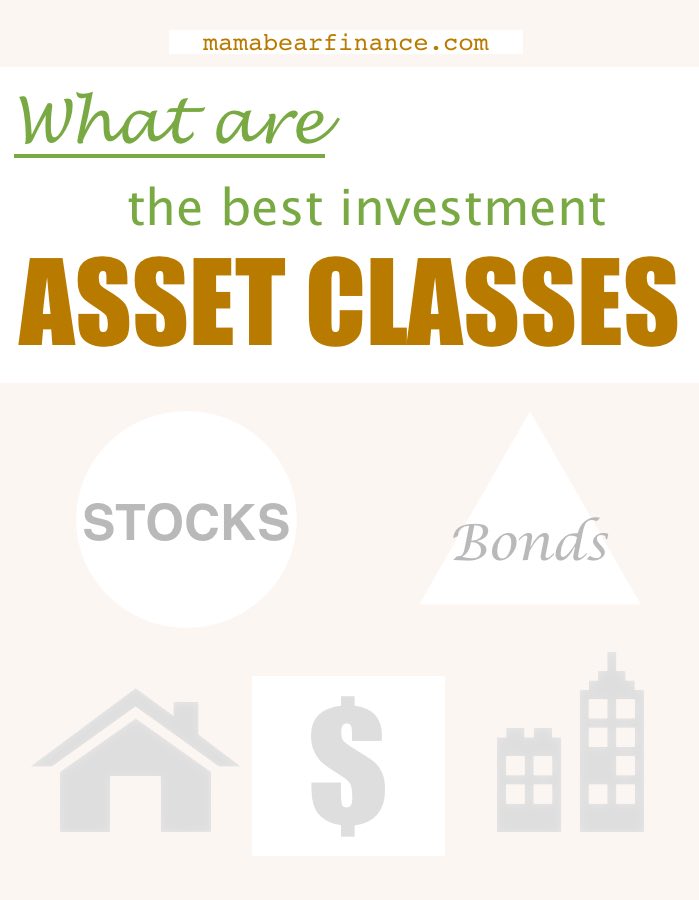
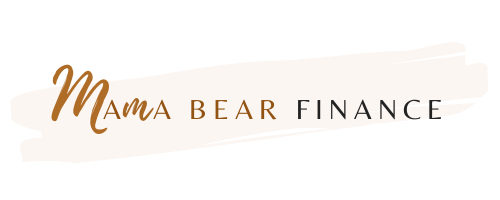
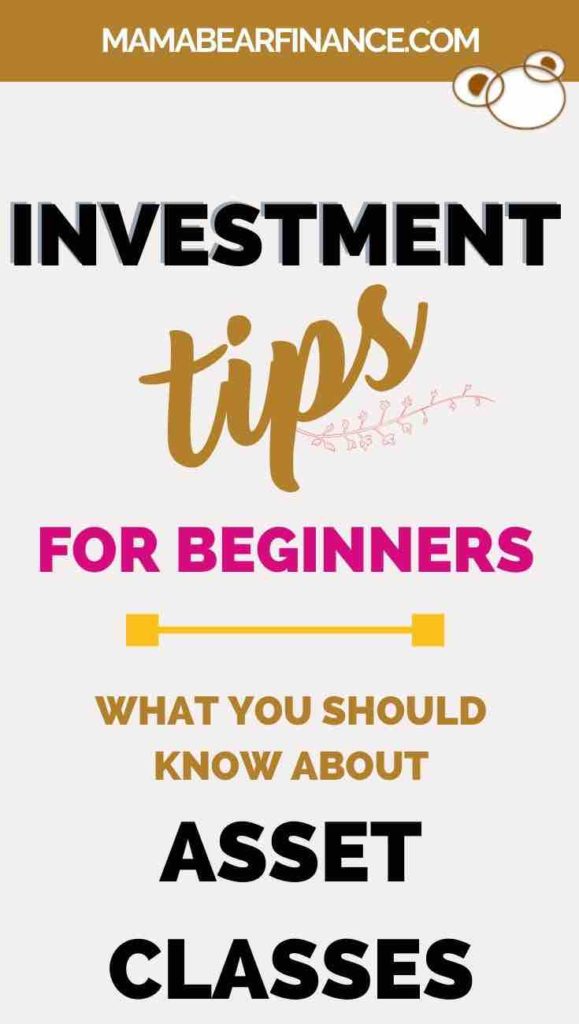
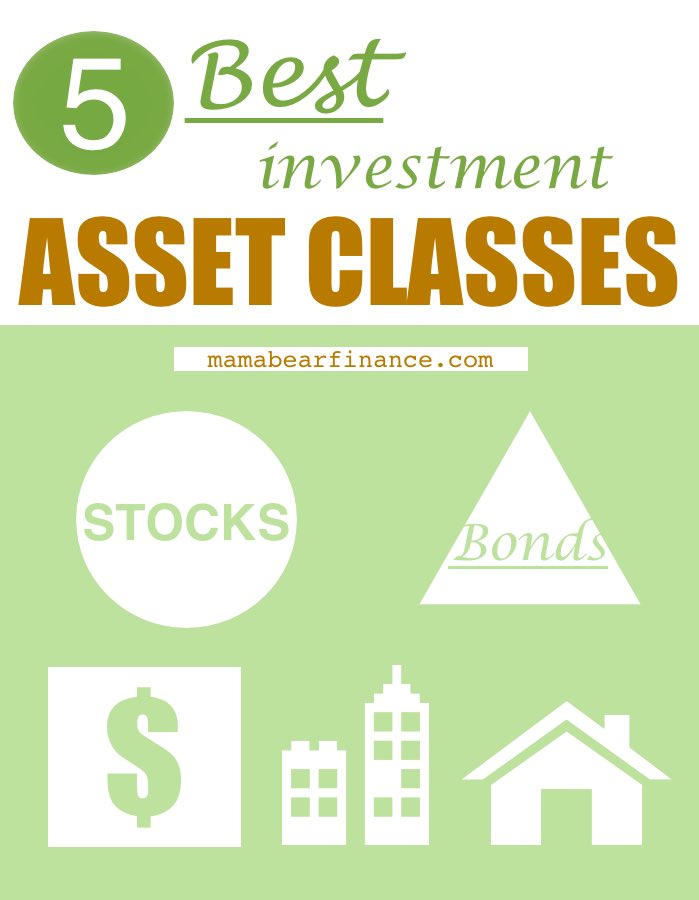
Pinned your post 🙂 I love investing in real estate. It’s what’s allowed me to quit my six-figure job in 2017. I wholeheartedly encourage you to give it a go 🙂 All the best!
Thank you! This is a great tip! I have wrestled with the thought of becoming a real estate investor for quite some time now, but the thought of being a “landlord” gives me goosebumps (I’m not a big fan of home maintenance and issues). I planned to make some real number assessment based on the locale and property we find and compare it with the cost of rent. That’ll be an interesting exercise for future post!